Keywords: Friendship
There are more than 200 results, only the first 200 are displayed here.
-
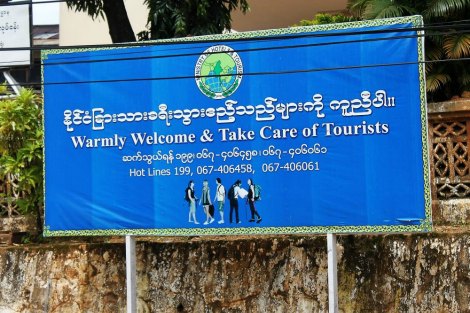
AUSTRALIA
- Catherine Marshall
- 10 April 2015
1 Comment
Myanmar is metamorphosing like a vast time-lapse image, sloughing off its old skin and replacing it with a glittering new facade. But decades of military rule cannot be dismissed so easily, and there is much for the traveller to consider. In the first place, is it ethical to visit at all? Travellers have long taken their cue from Myanmar's beloved democracy advocate and Nobel Peace Prize winner Aung San Suu Kyi.
READ MORE 
-

- Garry Eastman
- 09 April 2015
26 Comments
I looked down at the two coffins resting at the edge of the sanctuary and shed a tear for the tragic loss of two great friends. I shed another tear also to see such public recognition of the love these two young men had for each other, to see that it was embraced by the public face of the Church which said clearly, 'Who are we to judge, they are our brothers.'
READ MORE
-

- Simon Caterson
- 02 April 2015
4 Comments
In contrast to the sectarian suspicion expressed by elements of non-Catholic Australia towards Melbourne’s Archbishop Daniel Mannix, who opposed military conscription during the First World War, his Perth contemporary Archbishop Patrick Clune was lauded during the war as ‘pro-war effort, pro-conscription, pro-empire and pro-crown’. Clune travelled from Perth all the way to the Western Front so as to minister to the Catholic soldiers sent there, and he enjoyed warm relations with Protestants and Jews.
READ MORE
-
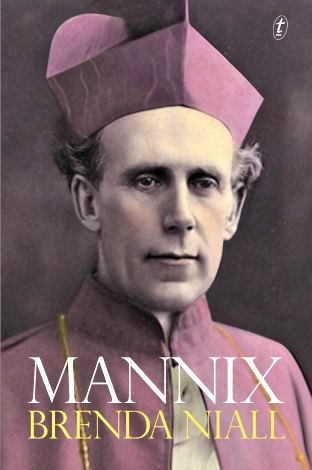
AUSTRALIA
- Andrew Hamilton
- 26 March 2015
15 Comments
Daniel Mannix, who was Catholic Archbishop of Melbourne 1917-63, knew how to control an audience and shift the perception of events. He argued fiercely against conscription in the 1917 Referendum, and railed against the exploitation of struggling workers. On finishing his new biography, I imagined a meeting between him and Pope Francis, both masters of public symbols with a disdain for church clericalism and sanctimonious speech.
READ MORE 
-

ARTS AND CULTURE
- Diane Fahey
- 24 March 2015
8 Comments
'If I'm deported back to Sri Lanka, torture is certain because I'm a Tamil.' On the day I hear of Leo's death I pass a tall maple, its star-like leaves, blood-red and flame-red, irradiated. The Australian government refused the visas applied for by Leo's family so that they might attend his funeral. As three Tamil men at a microphone sing a long hymn in Tamil the Basilica fills with an undertow of sound.
READ MORE 
-
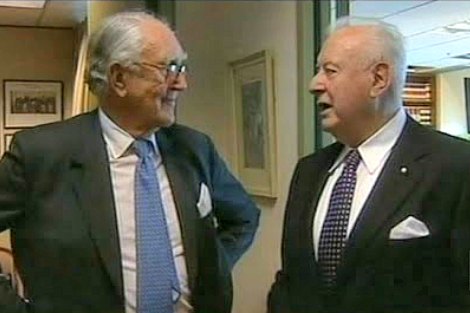
AUSTRALIA
- Frank Brennan
- 23 March 2015
17 Comments
Through the rough and tumble of politics, Fraser helped the country find true north on issues relating to race and human rights. His friendship with Gough Whitlam has been one of the great signs in Australian public life that human decency and shared commitment to noble ideals can transcend even the most entrenched political animosities cultivated across the despatch box. May he rest in peace.
READ MORE 
-
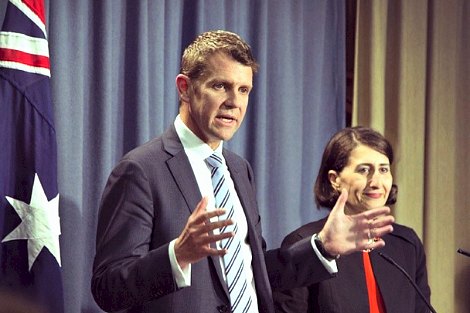
AUSTRALIA
- John Warhurst
- 04 March 2015
6 Comments
The Victorian state election that ushered out the Napthine Coalition government last November was a wake-up call for the Federal government. The amazing Queensland state defeat for Campbell Newman in late January brought on on the Spill against Tony Abbott. But the NSW election at the end of this month is an ambiguous marker.
READ MORE 
-

ARTS AND CULTURE
- Tim Kroenert
- 12 February 2015
6 Comments
The late Salvadoran Archbishop Oscar Romero, who as of this month is one step closer to beatification, has long been regarded as one of modern history's great champions of the poor. In 1989 he was 'canonised' on celluloid. The production has not aged well but is elevated by the late Raul Julia, whose conflicted, heroic portrayal of Romero is surely as iconic as the man himself.
READ MORE 
-
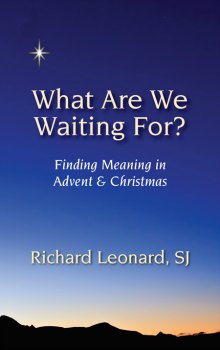
RELIGION
- Richard Leonard
- 18 December 2014
21 Comments
At a Christmas party, I met the charge nurse of the maternity ward. Pleading that because I was a celibate I would never be at a birth, I enquired if I might be allowed to come and see'. … Mary and I met six hours into her labor, which was an unusual circumstance within which to meet your birthing partner.' She had very little small talk, maybe because she had no breath at all.
READ MORE 
-

AUSTRALIA
- Catherine Marshall
- 12 December 2014
10 Comments
On Christmas Eve I will deliver, for the twelfth year in a row, an iced, naively decorated fruitcake to my oldest and dearest Australian friend, Enid. I will pull up into the driveway of her brick home. She will open the front door before I have even knocked, and before she’s even kissed me hello will tell me how beautiful the cake is and how she couldn’t possibly cut into it.
READ MORE 
-
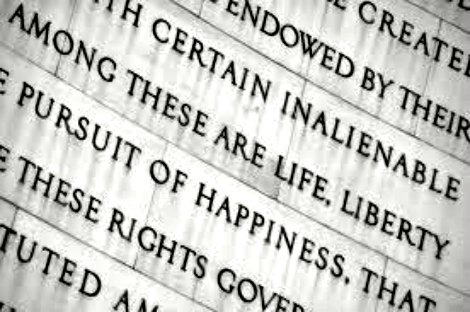
AUSTRALIA
- Shira Sebban
- 19 November 2014
4 Comments
People of faith seem able to find an opportunity for growth, spirituality and meaning in every good deed they do, apparently experiencing true happiness along the way. By way of contrast, emotional happiness is often dismissed as selfish, elusive and unpredictable. But focusing on 'what works for us', and connection through family, friendship and community, also allows us to find purpose, and to savour many happy moments along the way.
READ MORE 
-
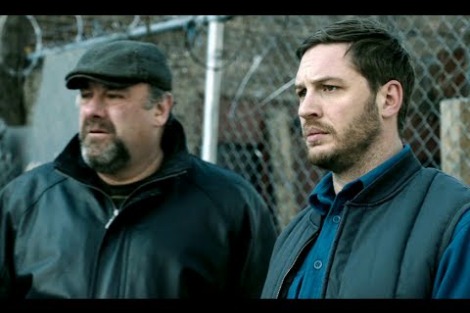
ARTS AND CULTURE
- Tim Kroenert
- 06 November 2014
2 Comments
Bob dutifully attends Mass but never takes communion. He's a fundamentally decent working man, as generous as he is taciturn. He is not the kind of man to, say, turn a blind eye to the plight of an injured dog. But Bob has sinful secrets that he feels alienate him even from God.
READ MORE 